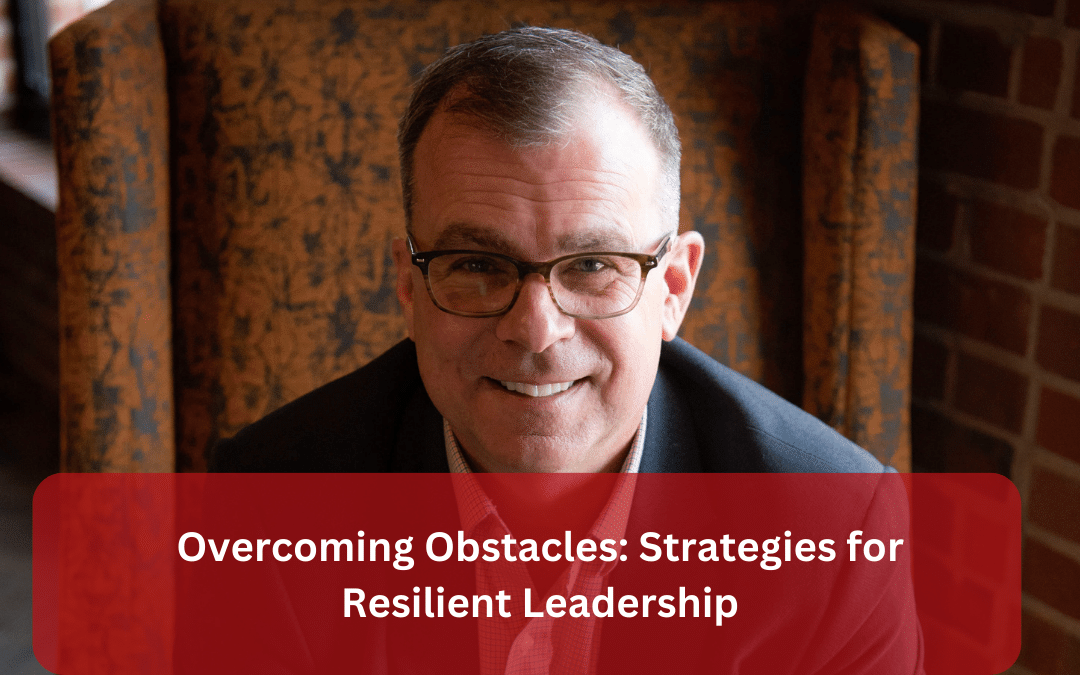In today’s ever-changing world, leaders face more challenges than ever. From the COVID-19 pandemic to the war in Ukraine, leaders must constantly adapt and overcome new obstacles. To be successful, leaders need to be resilient.
Resilience is the ability to bounce back from adversity. It is the ability to learn from mistakes and setbacks and to keep moving forward even when things are tough. Resilient leaders can stay calm under pressure and motivate and inspire their teams to do the same.
In this article, we will discuss six strategies for developing resilient leadership. These strategies are based on the latest research on resilience and have proven effective in helping leaders overcome obstacles and achieve success.
Strategy 1: Build a strong support system
One of the essential things that resilient leaders do is build a strong support system. This includes having a network of trusted friends, family, and colleagues who can offer support and advice during difficult times. A strong support system can give leaders the emotional and practical resources they need to overcome challenges.
Strategy 2: Practice self-care
Resilient leaders also take care of themselves. They get enough sleep, eat healthy foods, and exercise regularly. They also find ways to manage stress, such as meditation or yoga. Taking care of themselves physically and mentally makes leaders more effective in their work.
Strategy 3: Be positive and optimistic
Resilient leaders have a positive outlook on life. They believe they can overcome any challenge and are always looking for the silver lining in every situation. A positive attitude can help leaders stay motivated and focused during difficult times.
Strategy 4: Be flexible and adaptable
Resilient leaders are flexible and adaptable. They can change their plans when necessary and are not afraid to take risks. They are also open to new ideas and feedback. Flexibility and adaptability allow leaders to be successful in a constantly changing world.
Strategy 5: Learn from your mistakes
Resilient leaders learn from their mistakes. They do not dwell on the past but use their mistakes as opportunities to grow and learn. They are also willing to ask for help when they need it. Learning from mistakes is essential for leaders who want to continue to grow and develop.
Strategy 6: Give back to others
Resilient leaders give back to others. They find ways to use their skills and talents to help others and always look for ways to make a difference in the world. Giving back to others can help leaders stay motivated and focused and provide them with a sense of purpose.
Conclusion
In conclusion, resilience is an essential quality for leaders today. Resilient leaders can overcome obstacles, learn from their mistakes, and continue to grow and develop. By following the strategies outlined in this article, leaders can develop the resilience they need to be successful in any situation.

